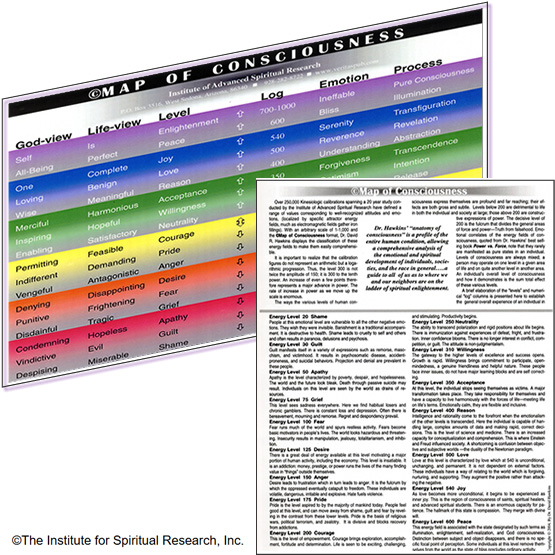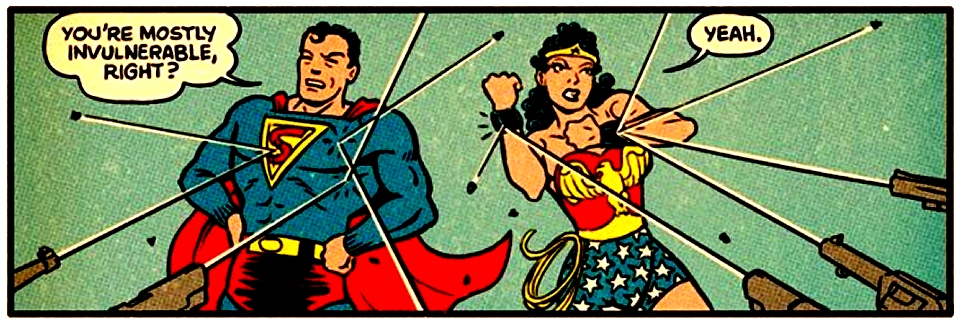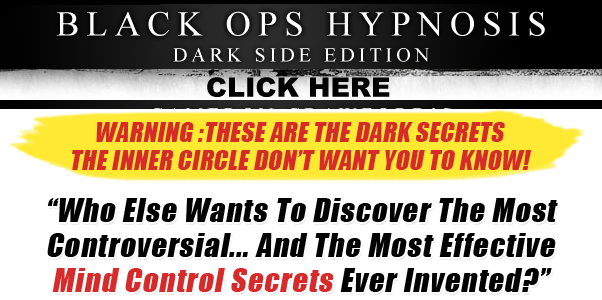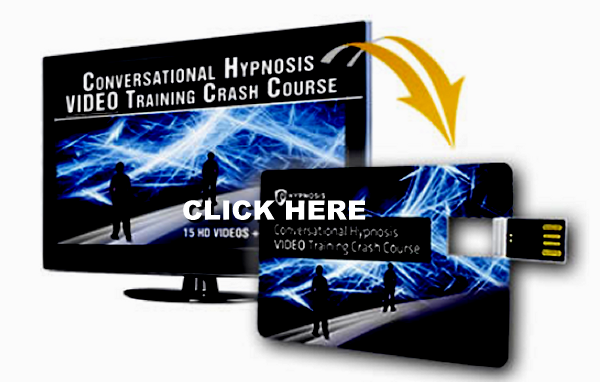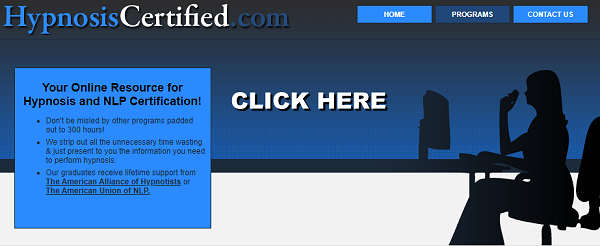There is a difference between therapy and friendship. Whether you are a coach, consultant, counselor, or member of the clergy, there is (or should be) a clear line between the therapeutic relationship and that of being a friend.
If you’ve been professionally trained in therapy and are licensed by the State or some other governing agency, more likely than not you are held accountable to uphold a code of ethics which assumes certain boundaries be maintained throughout the therapeutic relationship.
Then there are unregulated forms of therapy, such as peer counseling, life-coaching, religious counseling, and spiritual consultation, among others. For these therapeutic relationships, the lines of boundaries can blur, be crossed, or violated.
Some may say in religious therapeutic relationships that due to the separation of church and state, that no professional boundaries be maintained or enforced, and we see where that has gotten us. All you have to do is to look for the news stories of clerics in compromising positions for not maintaining boundaries to make you think twice.
The ACA code of ethics is an accepted guideline which sets forth a prescribed set of boundaries to protect both the therapist and the client. It helps to maintain a positive therapeutic environment for effective counsel and reduce the risk of compromise.
Of course, the first thought that comes to mind it that of sexual conduct. The agreed standard that intimacy or any sexual conduct in nature not be engaged in at any time during the therapeutic environment, nor for a period of five years following the completion of a therapeutic relationship.
There are other boundaries which help maintain a professional relationship between therapist and client, like not going to the movies, out to lunch, exchanging gifts, attending birthday parties, or other social events.
Yet, as in all things, these boundaries which should be enforced by all people helping other people, whether regulated or not, are amidst a spectrum, left to the interpretation of the therapist or the company they keep.
On one end of the spectrum your therapist might meet with you in an office with no amenities, there is no physical contact between counselor and client, not even a handshake. If you meet your counselor in the aisle in a supermarket, you will find him or her unapproachable. Even if you’re amidst a serious emotional outpouring, when your time is up, the session is over. If you can’t pay, the fee is non-negotiable, and there is no out of office or after-hours support.
On the other end of the spectrum, your counselor may offer you tea, may begin your session with a handshake and conclude with a cursory hug. If you meet this counselor in public, he or she may smile, stop, and engage in conversation with you for a while. You may run over your assigned time limit if reasonable or necessary, and there may be some flexibility in making payments and/or additional connection methods or support outside office hours.
There is no right or wrong way to do this as different modalities and schools of therapeutic thought interpret these boundaries differently. There is no judgment here, but the primary goal is to unequivocally protect and support the client.
Transference is a normal occurrence within the therapeutic relationship and it’s up to you to find the boundaries which work best for you, preserving this sacred, safe space.
If you are sitting in the seat of the coach, consultant, or counselor it is up to you to make clear your boundaries at the beginning of the therapeutic relationship and remind your client periodically when it appears, he or she might be approaching a boundary.
If you are the patient, it is on you to adhere to these boundaries and be certain to tell your counselor if you have boundaries of your own which need to be respected. If you feel like any boundary is unreasonable, talk it through with your counselor.
Talk to your counselor about your feelings and don’t keep them bottled up lest they explode. Negotiate your therapeutic relationship and make it work for both of you, or it may be time for a change.


